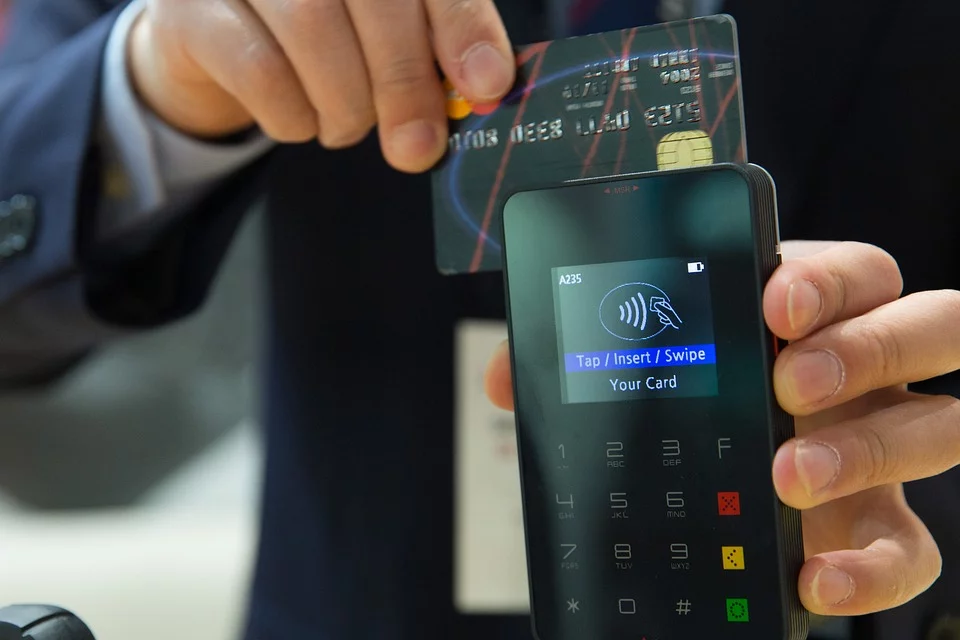Firms fined over £33m for welfare payment ‘cartel behaviour’
The Payment Systems Regulator (PSR) has imposed fines against Mastercard, allpay, Advanced Payment Solutions, Prepaid Financial Services and Sulion after concluding that the five parties infringed competition law by agreeing not to compete or poach each other’s customers in the prepaid cards market in Great Britain.

The pre-paid cards in question were used by local authorities to distribute welfare payments to vulnerable members of society, such as the homeless, victims of domestic violence and asylum seekers.
This decision concludes the PSR’s investigation that was opened in October 2017 following a complaint made by allpay about one of the infringements. In February 2018, the PSR carried out unannounced searches at the premises of some of the parties. The PSR announced its provisional findings in this case in March 2021. During the course of the investigation, all parties settled and admitted breaking the law.
In its infringement decision, the PSR has imposed fines totalling more than £33 million for each party’s participation in the illegal conduct. The fines for each company include: Mastercard: £31,560,062; PFS: £916,746; allpay: £28,553; APS: £755,419 and Sulion: £572.
Chris Hemsley, managing director of the Payment Systems Regulator, commented: “This investigation and the significant fines we have imposed send a clear message that the PSR has zero tolerance for cartel behaviour. We will intervene and enforce the law strictly to ensure there is effective competition in payments markets. This case is particularly serious because the illegal cartel behaviour meant there was less competition and choice for local authorities. This means they may have missed out on cheaper or better-quality products which were used by some of the most vulnerable in society.”
In its decision, the PSR found there were two market sharing cartels in the prepaid cards market in violation of the Competition Act 1998.
The first cartel involved all five parties and lasted from 2012 to 2018 (although some parties participated in the infringement for a shorter period of time)
The second cartel involved APS and PFS and lasted two years (between 2014 and 2016).
The first cartel developed against the backdrop of the National Prepaid Cards Network (Network). The Network brought together public sector bodies (such as local authorities, housing associations etc.) that were potentially interested in prepaid cards and Mastercard programme managers (PMs). Mastercard sponsored and, other than for a short period in 2016, wholly funded the Network.
In the context of the Network, the five parties arranged for the Network PMs (allpay, APS, PFS) not to target or poach each other’s public sector customers that were either already in contract with another Network PM or were being provided services through a pilot programme by another Network PM. In the early days of the Network, the parties also colluded to exclusively allocate between each of the Network PMs potential new public sector customer contacts obtained from Network promotional events.
The second cartel involved a separate arrangement between APS and PFS not to target each other’s public sector customers when a contract was up for renewal, including through a public tender.








